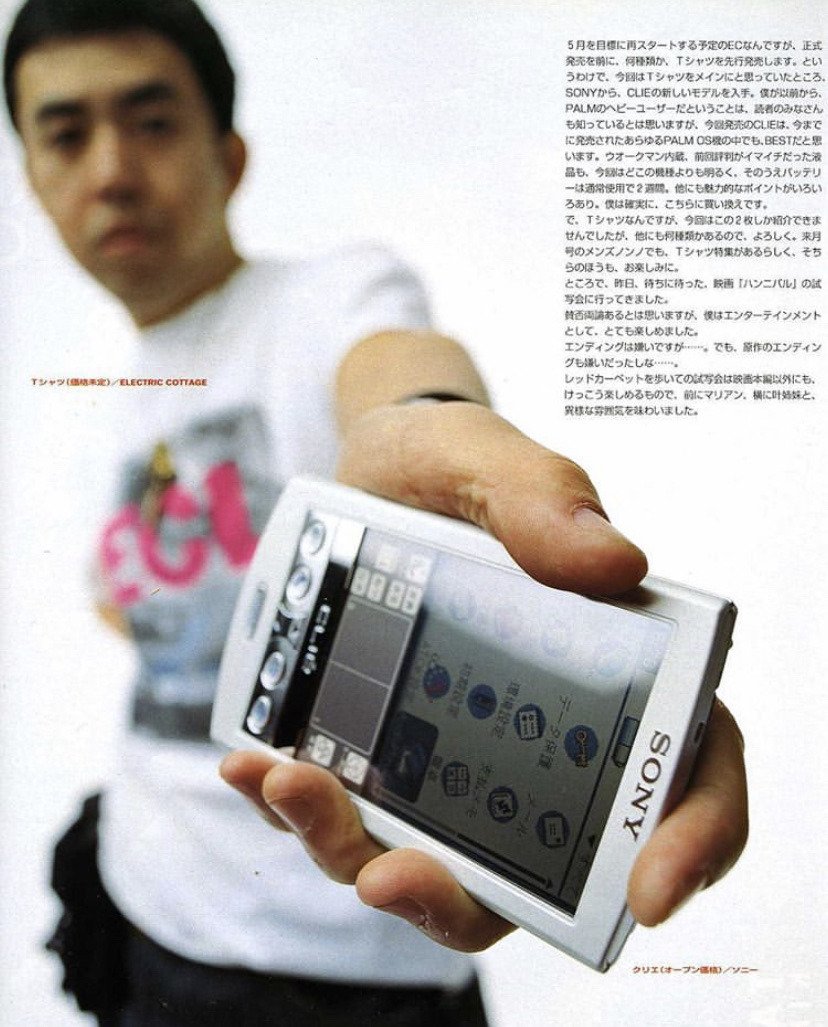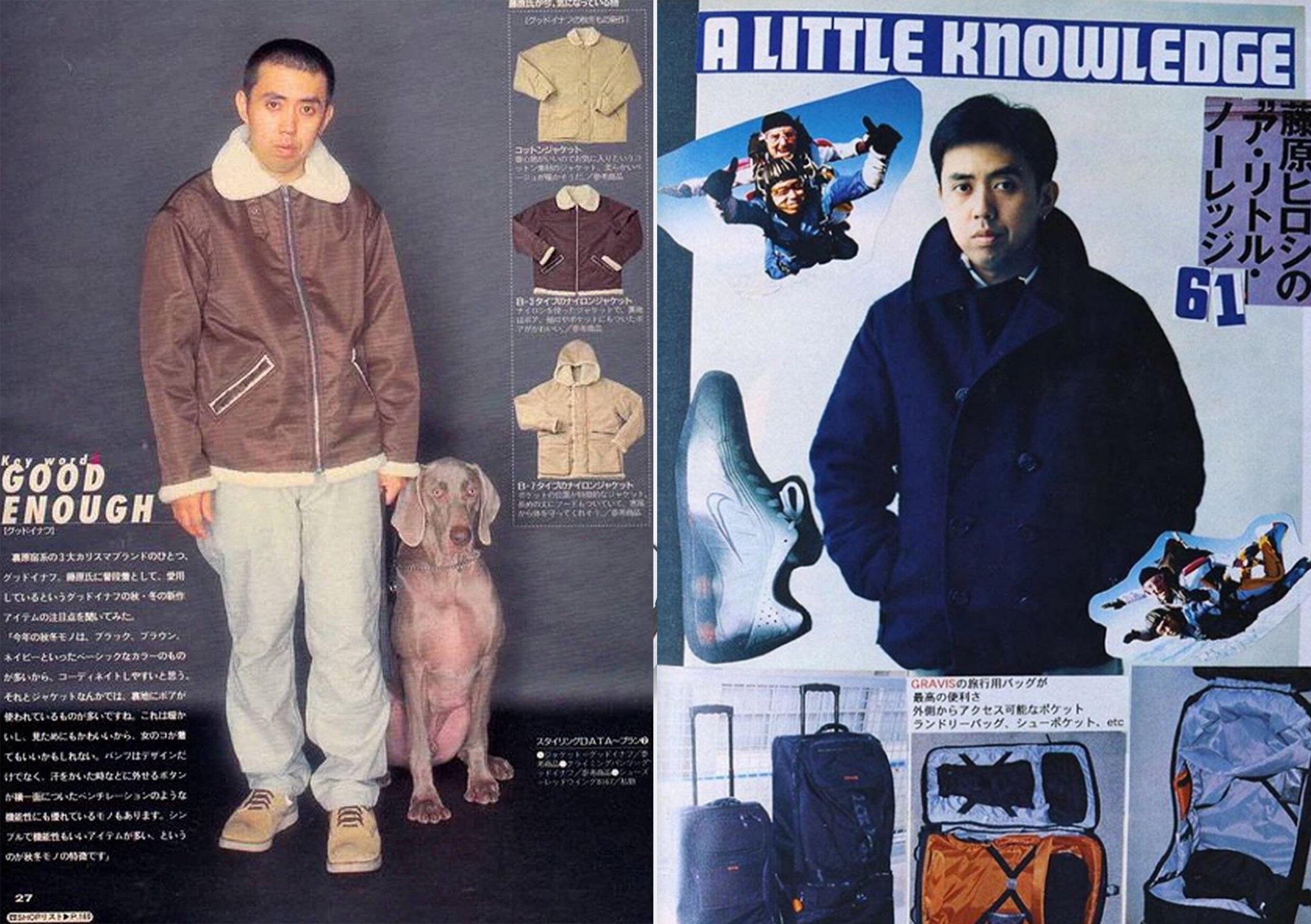DJ Hiroshi Fujiwara for Boon Magazine [2005]
![DJ Hiroshi Fujiwara for Boon Magazine [2005]](https://images.squarespace-cdn.com/content/v1/57825361440243db4a4b7830/1666262410823-4CDPIAUMVY5KJQX0F14I/1BBFE35C-050B-48C0-8342-4BECD2EC170B+%281%29.JPG)
Often recognized as an Ura-Hara streetwear legend, Hiroshi Fujiwara has also been spinning decks for more than 30 years. Being a pioneer among Japanese DJs, he released his first compilation album, "HIROSHI'S KICK BACK" in 2005. For years, he has been mixing and distributing tapes and CDs to his friends and acquaintances, but his roots as a disc jockey go way back to when he was in middle school.
“I thought it was interesting. I happened to have two turntables at home, and when I went to the electronics store, I found a small microphone mixer that I could use to connect songs. I would also press the pause button on the cassette recorder to connect phrases of the same song several times,”
This collaborative article between TOKYOMILKSHOP [@tokyomilkshop] and Sabukaru [@sabukaruonline] is part of an ongoing series that explores the forgotten history of Urahara culture through vintage magazine scans and everything pre-internet. Keep an eye out for more topics to come.
This encounter eventually led him to London, but before that, a particular episode revealed a glimpse of his forthcoming DJ career.
“There was a record by New York’s studio54 called ‘night of studio54’ and I love the way all the songs on that record were connected. From that time on, I would take summer and winter vacations to visit my sister and friends in Tokyo for about a month. I’ve been going to clubs like Tsubaki House since I was in junior high school. I also remember going to CISCO in Shinjuku. At the age of 18, I moved to Tokyo, where I naturally decided to become a DJ. I came to Tokyo to go to school, but I already knew a lot of people there, and I just wanted to have fun.”
Fujiwara was already creating his own sound by mixing soul and other vintage music sources into the mix. “I would bring in old records that I was listening to in real-time, like James Brown and KC & the Sunshine Band, and spin them around,” added the Ura-Hara legend.
In 1988, he joined Seiko Ito's rap unit for his album, "TINNIE PUNKS" with Kan Takagi, and in 1990, he founded one of Japan's first Hip-Hop labels, MAJOR FORCE.





